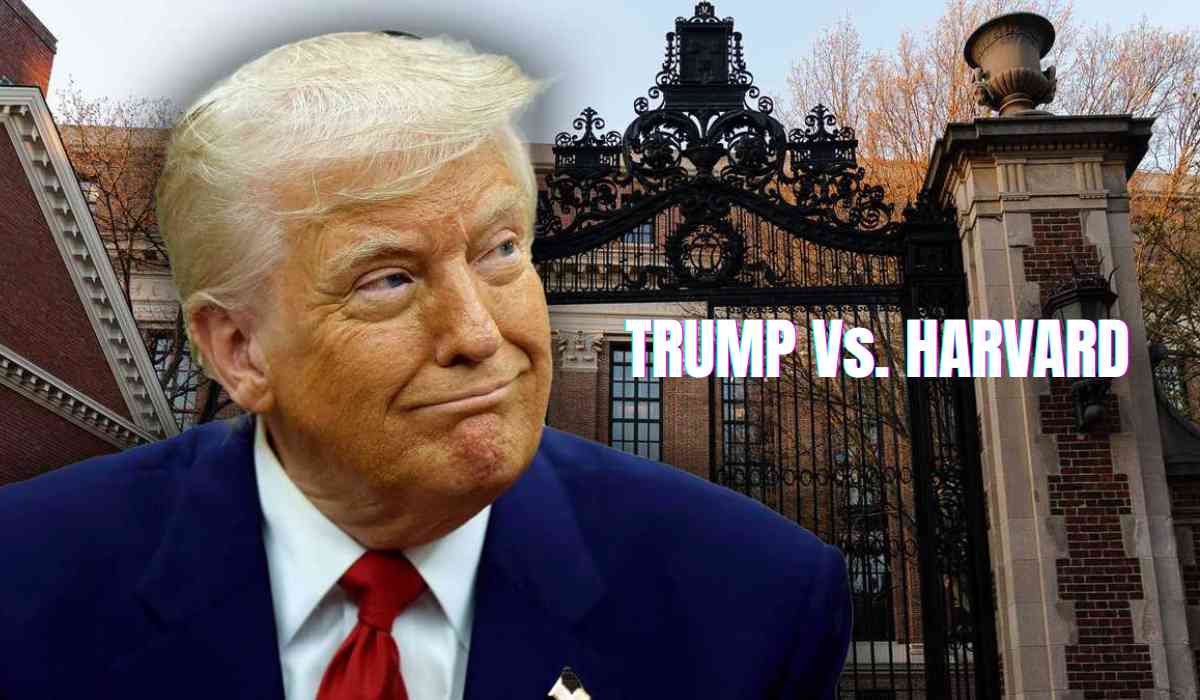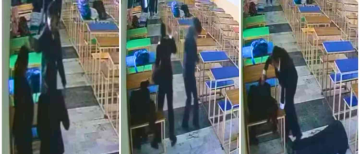In a move that has sent shockwaves through the global academic community, President Donald Trump’s administration has revoked Harvard University's certification under the Student and Exchange Visitor Program (SEVP), effectively stripping the elite institution of its ability to host international students. This unprecedented action not only affects thousands of students currently enrolled at Harvard but also signals a broader political strategy aimed at reshaping American academia.
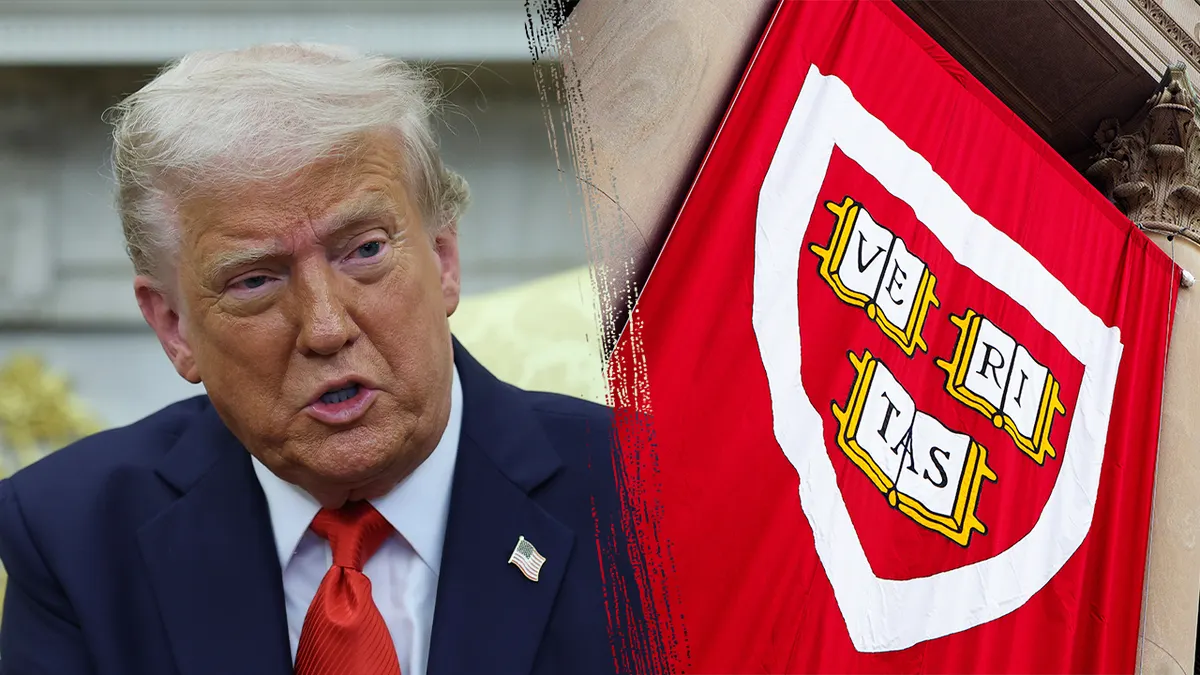
What Happened: Harvard’s SEVP Certification Revoked
On Thursday, March 22, 2025, the Department of Homeland Security (DHS), led by Secretary Kristi Noem, announced that Harvard University would lose its SEVP certification beginning with the 2025–2026 academic year. The SEVP certification allows designated institutions to enroll international students and issue the necessary documentation for visa applications.
With the revocation, nearly 6,800 international students at Harvard—comprising about 27% of the university’s enrollment—are left in legal limbo. These students must now transfer to another SEVP-certified institution or face the risk of losing their legal status in the United States.
“This retaliatory action threatens serious harm to the Harvard community and our country, and undermines Harvard's academic and research mission,” the university said in a statement.
DHS Justification: A Mix of Security, Political, and Cultural Claims
The Trump administration has cited multiple reasons for the move. In a letter, Secretary Noem accused Harvard of:
-
Failing to comply with requests for records on foreign students, including disciplinary records and audiovisual material related to campus protests.
-
Permitting a campus environment “hostile to Jewish students” and promoting “pro-Hamas sympathies.”
-
Employing “racist” diversity, equity, and inclusion (DEI) policies.
-
Allegedly coordinating with the Chinese Communist Party (CCP), including hosting a CCP paramilitary group linked to the Uyghur genocide.
Noem also linked the action to broader national concerns:
“It is a privilege, not a right, for universities to enroll foreign students and benefit from their higher tuition payments to help pad their multibillion-dollar endowments,” she stated.
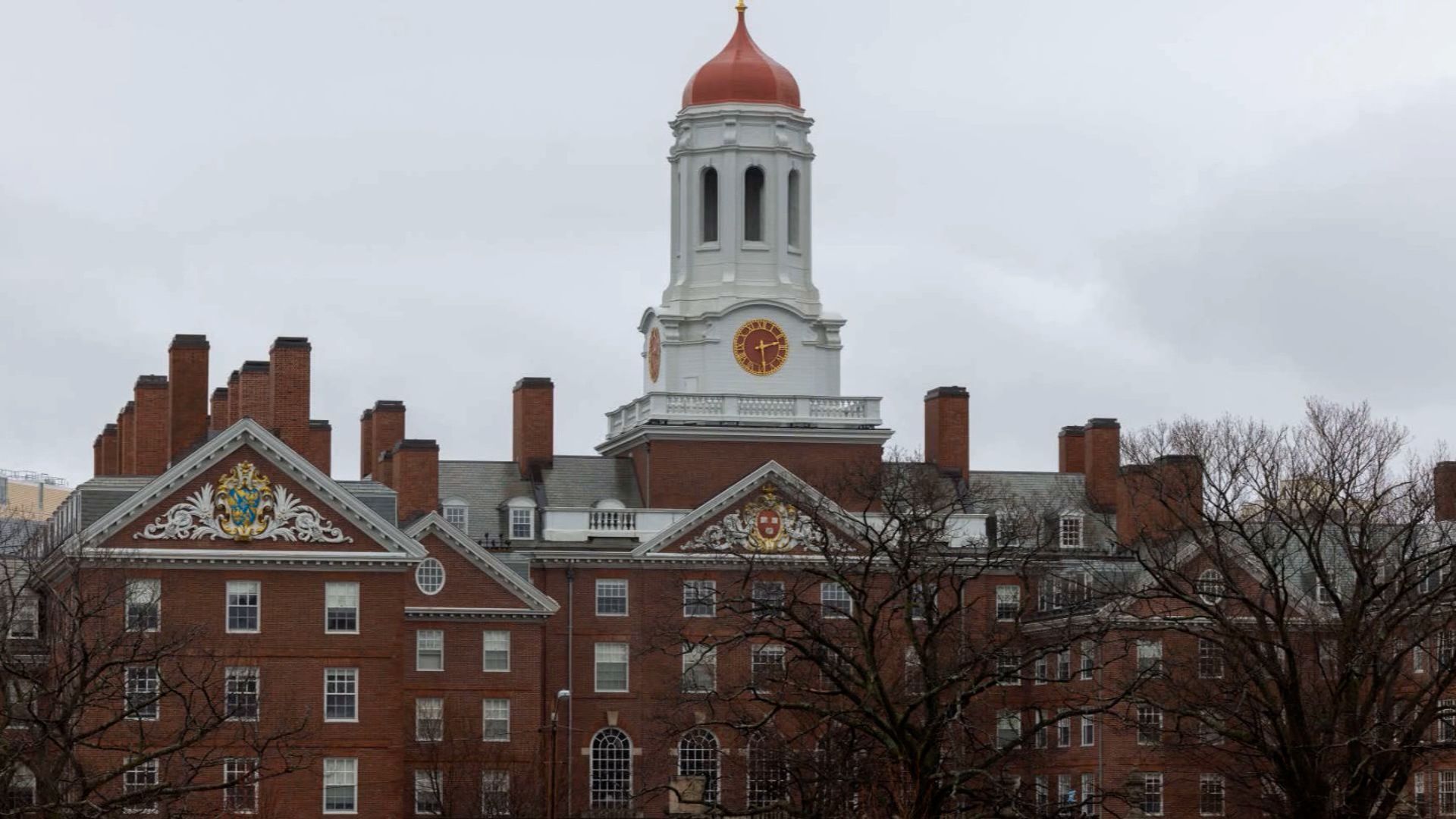
Trump’s Broader Agenda: Academia Under Fire
The action against Harvard is part of a sweeping political campaign by the Trump administration to reorient U.S. higher education. Since early April, Trump officials have pressured elite universities to:
-
Suppress pro-Palestinian protests.
-
Eliminate DEI policies.
-
Submit detailed conduct records on foreign students.
Trump has characterized many elite institutions as breeding grounds for “anti-American,” “Marxist,” and “radical left” ideologies. Harvard, the nation's oldest and wealthiest university, became the first to push back against these demands—triggering a sequence of escalating federal retaliations.
Actions Taken Against Harvard Include:
-
Revocation of federal research grants.
-
Legal threats to revoke its tax-exempt status.
-
Public condemnation by senior administration officials.
“Harvard’s leadership has created an unsafe campus environment by permitting anti-American, pro-terrorist agitators to harass and physically assault individuals,” DHS stated on its website.
Legal Standing and Historical Context: Is This Legal?
Under U.S. law, the Department of Homeland Security has authority over student visa programs and can revoke a school’s SEVP certification. However, this is typically done for administrative failures such as:
-
Lack of accreditation.
-
Inadequate facilities or faculty.
-
Institution closure.
Experts across the political spectrum agree that the action against Harvard is unprecedented in nature.
“I've never seen it revoked for any reason besides the administrative issues listed in the statute,” said Sarah Spreitzer of the American Council on Education.
A federal judge has ruled that the administration cannot strip international students of legal status without proper regulatory procedure, raising questions about the legality of the move against Harvard. The ultimate legal resolution remains unclear.
This administration is holding Harvard accountable for fostering violence, antisemitism, and coordinating with the Chinese Communist Party on its campus.
It is a privilege, not a right, for universities to enroll foreign students and benefit from their higher tuition payments… pic.twitter.com/12hJWd1J86— Secretary Kristi Noem (@Sec_Noem) May 22, 2025
What Happens to Current and Incoming Students?
The consequences for students are immediate and severe:
-
Students graduating in the current semester may still graduate.
-
All others must transfer to another SEVP-certified institution or risk deportation.
-
Newly admitted students set to begin studies in the fall are barred from enrolling unless the decision is reversed or blocked by court order.
Impact on Indian Students
Among the hardest hit are Indian students—Harvard currently hosts around 788 Indian nationals, mostly in graduate programs. For many, transferring mid-degree is not just logistically challenging but also academically disruptive.
Broader Implications
“Imagine being an incoming freshman... people are definitely thinking twice about going to this country,” said one education consultant, reflecting on the fear and uncertainty gripping the international student community.
Research and Economic Fallout
International students are essential to Harvard’s research enterprise. Their departure will have ripple effects across:
-
STEM graduate programs.
-
Ongoing federally funded research projects, including studies on Alzheimer’s, cancer, and neurological diseases.
-
The university’s finances, with $700 million in federal research grants at stake.
Harvard’s Response
In an April letter, Harvard President Alan Garber warned:
“The consequences of the government’s overreach will be severe and long-lasting.”
To mitigate losses, Harvard plans to allocate an additional $250 million from its own funds for research in the next academic year, supplementing its usual $500 million internal spend.
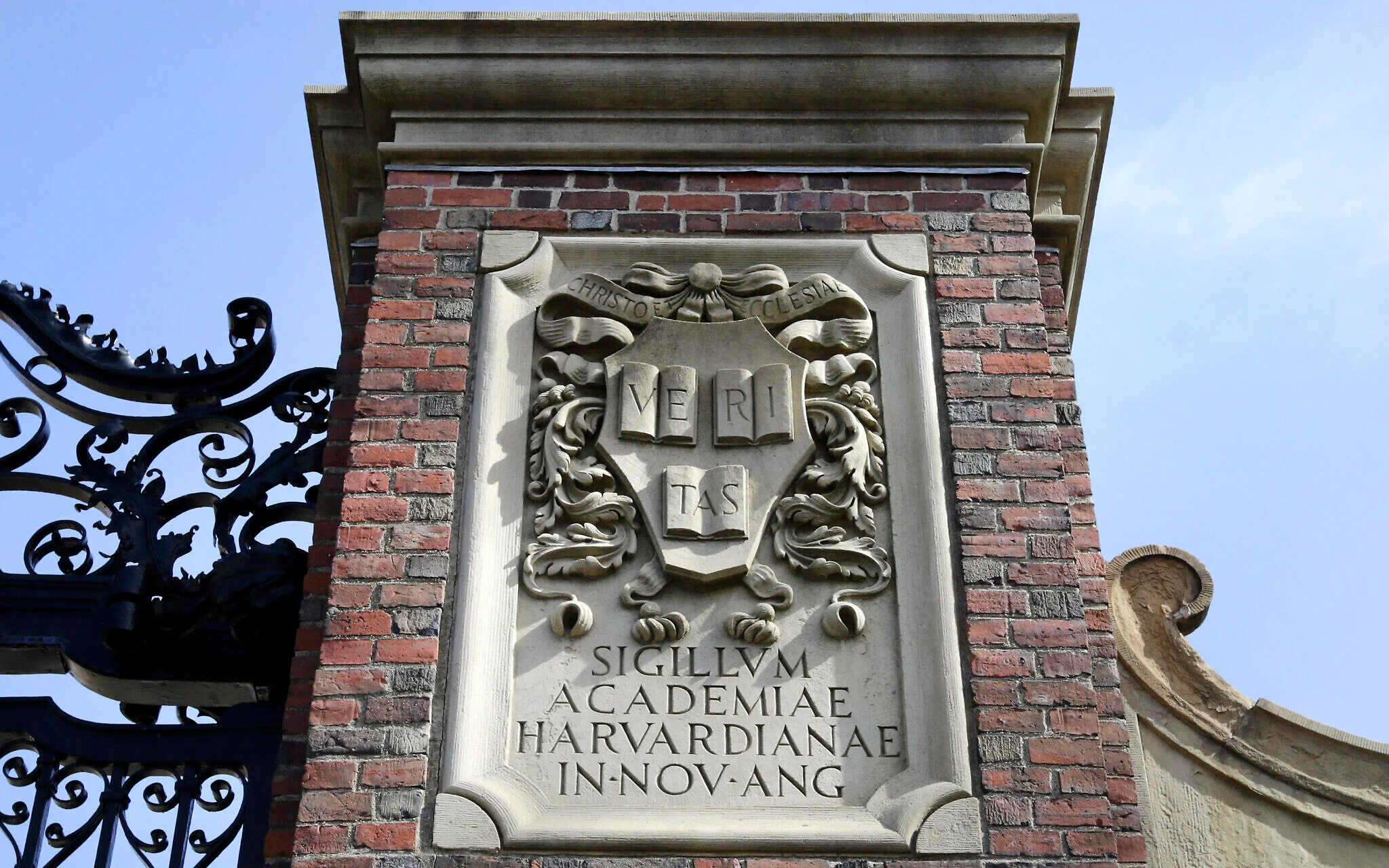
Warning to Other Universities: Who’s Next?
The administration has made clear that Harvard is only the beginning. Secretary Noem confirmed in a Fox News interview:
“Absolutely, we are” considering similar actions against other universities.
She emphasized that this move should serve as a warning:
“Get your act together,” she said. “It is a privilege, not a right.”
What's Next?
As Harvard weighs its legal options, the future remains uncertain. Analysts predict some sort of negotiated resolution, but the path forward is murky.
“There will be an agreement... it will be a reasonable deal,” said Jay Greene of the Heritage Foundation. “This is just a fight for positioning.”
Still, education experts warn that the chilling effect on international students and faculty is already being felt. The United States, once seen as a global hub of academic excellence, may now be viewed as an unpredictable and hostile environment for foreign scholars.
The Trump administration's decision to revoke Harvard's SEVP certification is not just an isolated conflict with one university—it marks a turning point in the relationship between the federal government and American academia. As legal battles play out and students scramble for alternatives, the ramifications will be felt far beyond Harvard’s gates. International students, academic research, and the very idea of U.S. higher education as a global beacon are now under intense scrutiny.
With inputs from agencies
Image Source: Multiple agencies
© Copyright 2025. All Rights Reserved Powered by Vygr Media.

